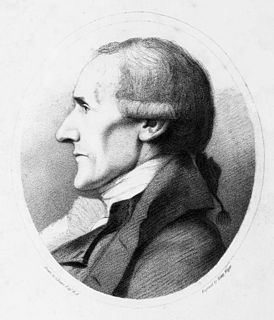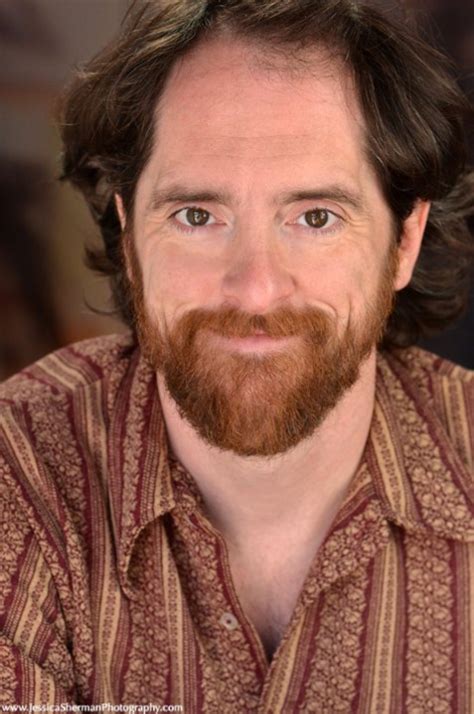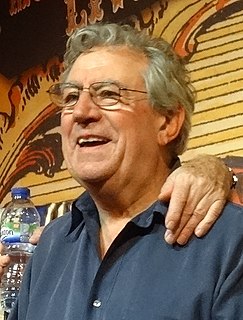A Quote by Granville Sharp
When the copulative kai [`and'] connects two nouns of the same case, [viz. nouns (either substantive or adjective, or participles), of personal description, respecting office, dignity, affinity, or connexion, and attributes, properties, or qualities, good or ill], if the article [ho], or any of its cases, precedes the first of the said nouns or participles, and is not repeated before the second noun or participle, the latter always relates to the same person that is expressed or described by the first noun or participle: i.e. it denotes a farther description of the first-named person.
Related Quotes
The worst of this sorry bunch of semi-educated losers are those who seem to glory in being irritated by nouns becoming verbs. How dense and deaf to language development do you have to be? If you don’t like nouns becoming verbs, then for heaven’s sake avoid Shakespeare who made a doing-word out of a thing-word every chance he got. He TABLED the motion and CHAIRED the meeting in which nouns were made verbs
Hyacinth,” Lady Bridgerton said in a vaguely disapproving voice, “do try to speak in complete sentences.” Hyacinth looked at her mother with a surprised expression. “Biscuits. Are. Good.” She cocked her head to the side. “Noun. Verb. Adjective.” “Hyacinth.” “Noun. Verb. Adjective.” Colin said, wiping a crumb from his grinning face. “Sentence. Is. Correct.
There's nothing wrong with possessions; it's just that they have value to us only when we use them, engage them, and enjoy them. They're nouns that mean something only in conjunction with verbs. That's why wealth is so dangerous: if you're not careful you can easily end up with a garage full of nouns.
If you can remember all the accessories that go with your best outfit, the contents of your purse, the starting lineup of the New York Yankees or the Houston Oilers, or what label "Hang On Sloopy" by The McCoys was on, you are capable of remembering the differences between a gerund (verb form used as a noun) and a participle (verb form used as an adjective).
There are many, many nouns for the act of looking - a glance, a glimpse, a peep - but there's no noun for the act of listening. In general, we don't think primarily about sound. So I have a different perspective on the world; I can construct soundscapes that have an effect on people, but they don't know why. It's a sort of subterfuge.
I use are provisional terms, and they usually put any proper nouns in critical distance. I'm in a tradition of people who resist naming, fixity. That means it's a tradition of people who insist on mobility, who defy proper nouns and genres and those kinds of things. When I push back against the word 'jazz' it's because I've learned that from many, many elders who think that way. I'm not just being a jerk.
With repeated listenings, a piece eventually becomes its own being. I very often say to students that this is like meeting a person for the first time. When you first meet someone, you reference that person with others who are similar; but, as you get to know that person better, you begin to understand his unique qualities.
What is an adjective? Nouns name the world. Verbs activate the names. Adjectives come from somewhere else. The word adjective (epitheton in Greek) is itself an adjective meaning 'placed on top', 'added', 'appended', 'foreign'. Adjectives seem fairly innocent additions, but look again. These small imported mechanisms are in charge of attaching everything in the world to its place in particularity. They are the latches of being.
Poetry is concerned with using with abusing, with losing
with wanting, with denying with avoiding with adoring
with replacing the noun. It is doing that always
doing that, doing that and doing nothing but that.
Poetry is doing nothing but using losing refusing and
pleasing and betraying and caressing nouns. That is
what poetry does, that is what poetry has to do no
matter what kind of poetry it is. And there are a
great many kinds of poetry.
































